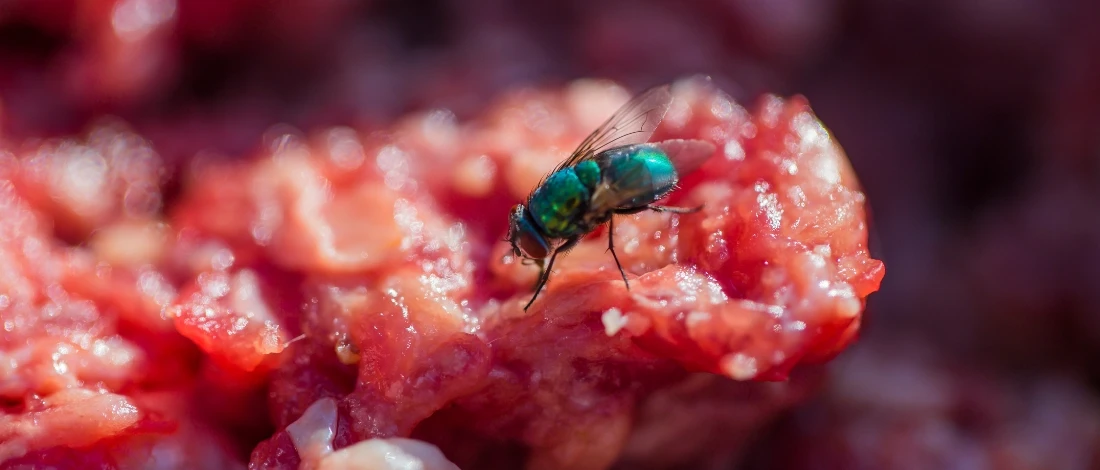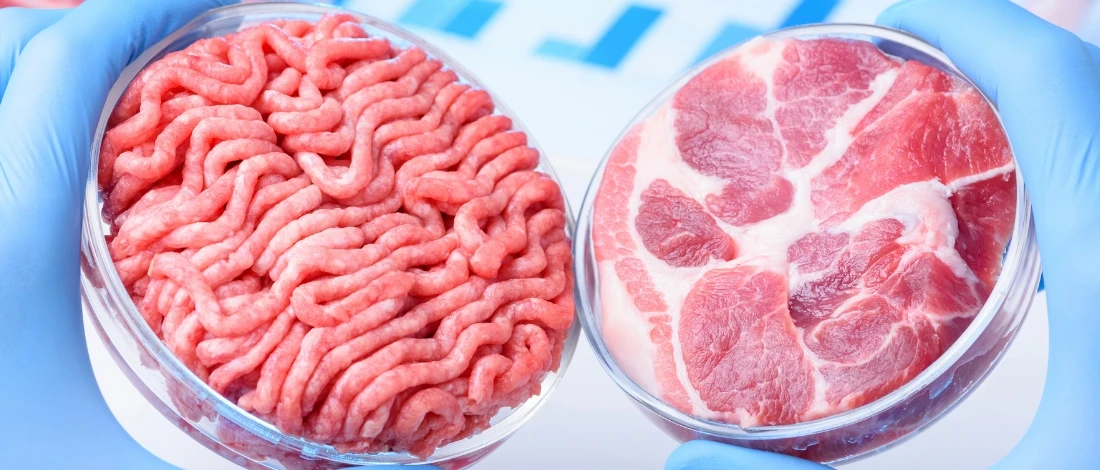Lab-Grown Meat Faces Uncertain Future Amid Cost and Consumer Concerns
Lab-grown meat—a tech-driven food revolution promising to replace traditional farming—seems to be stumbling on its journey to mainstream dining. Industry insiders are now raising questions about its viability, with global food consultant Julian Mellentin calling lab-grown meat “a grotesque misadventure.”
Mellentin, who directs New Nutrition Business, shared his doubts with the Telegraph, declaring, “It’s going down as one of the biggest failures in food history.”
Cost and Consumer Reluctance Cast Shadows on Lab-Grown Meat
What was once heralded as a sustainable solution for the future of meat production now faces formidable obstacles. One glaring issue is cost. Producing lab-grown meat requires a sterile, high-tech environment, similar to pharmaceutical labs.
Cells are harvested from animal fetuses, then nurtured in bioreactors—a process that Forbes reports “sucks up a massive amount of energy.”
According to Mellentin, a realistic break-even point for lab-grown meat sits at a staggering $63 per pound, making it far from economically viable for everyday consumers.
Moreover, consumer sentiment hasn’t been easy to sway. Mellentin explained that people are generally “very reluctant to put a technology into their bodies.”
Although tech enthusiasts and big investors like Richard Branson and Bill Gates have poured billions into the venture, average diners remain hesitant. With lab-grown meat on the back burner, test marketing has ceased because, as Mellentin put it, “it’s just too weird.”
Environmental Benefits of Lab-Grown Meat Now in Question
Initially promoted as a green alternative, lab-grown meat’s environmental claims are now under scrutiny. Current estimates suggest lab-grown meat production may emit between four to 25 times more CO2 than conventional livestock farming.
The initial promise of reducing emissions has dimmed, revealing instead an energy-intensive process that’s harder on the environment than anticipated.
This year alone, significant shifts have occurred within the industry. SCiFi Foods, a lab-meat company, has closed its doors, while Israel-based Aleph Farms cut 30% of its workforce. Florida and Alabama became the first U.S. states to ban lab-grown meat’s production and sale.
Despite early fanfare, lab-grown meat’s uncertain future suggests a tough road ahead. Whether it will find a lasting place on dinner tables remains a question, one that may very well end up as a case study in business school about the high price of innovation.
Learn how lab-grown meat’s hurdles are reshaping the conversation about sustainable food by visiting our homepage.






